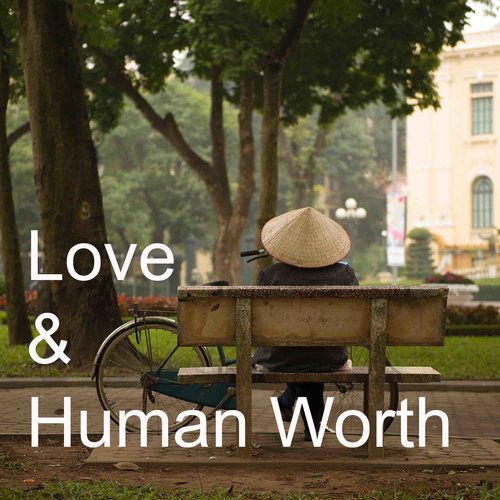
Beyond Conscientização
Rooted in both political action and in spirituality, this phrase is from liberation theology and praxis. A transformed consciousness that grows from collective contemplation on social discontinuities. Precedent to action is reflection. Subsequent to action is reflection. First reflection on the realities, the latter reflection on the phases of activism and their influence on the realities.
Romans 12:1,2 tells us to be “transformed by the renewal of our minds”. Spiritual transformation has a deep academic element. For the Spirit heightens our perceptions, he guides us into all truth (John 14: 14-17).
The term has deep roots in the far left and in Marx, which then became entwined in Latin Catholic liberation theology. Such theology attempted to engage the political conflicts that mark our national souls. The flaws of Marxist analysis which divides the world in two, juxtaposes them, and increases bitterness so one side overcomes the other invalidated this approach. Inaccurate analysis leads to wrongful response. But the concept of conscientização, that identification of how we are being sinned against, and by whom, and how it is damaging us, the use of social analysis is a valid pathway in the identification of our inner wounds.
However in our training of others in urban spirituality we go much deeper than this. The analysis of sin, our sin, others sin against us is significant. But it is not increasing the anger, bitterness and political action that are primary healers. It is the work of the cross, the resurrection and the Pentecostal Spirit that bring healing.
First the cross. It is always the mystery, this center of the universe. We bring our pain to the foot of it, Our burdens roll away as we survey the depth of love of the Son of God dying for our sins. As we are enveloped in that love, the forgiveness of our sins, reaches across our barriers in the forgiveness and embrace of our bitterest foes. It is far deeper than simply acknowledging the pain. The Holy Spirit touches deeper than any form of counseling or acadmeic analysis can do, not just to the soul or the mind but deep down in our spirits.
From the cross, we rise, entered by the Spirit of Christ, filled with his being, an experience we can hardly describe, and the love radiates to others. It is not the dead Christ still on the Catholic cross, but the living Christ within us.
And collectively, that love propels us to engage in crossing the barriers, and seeking to heal where there has been oppression. There is confrontation, for the Spirit is holy and will not brook sin, even political sin, or structural oppression, but it is not with bitterness, it is with the power of brokenness, of humility. People power does balance against other powers. But a different kind of community organization occurs, that of peacemaking, not based on Alinsky’s confrontational approach, though that may occur just as it did for Jesus, but in seeking common ground between oppressed and oppressor, in seeking truth in the public square and then opening the space for dialogue and resolution that advances all and seeks to move all forward together.




Leave a Reply